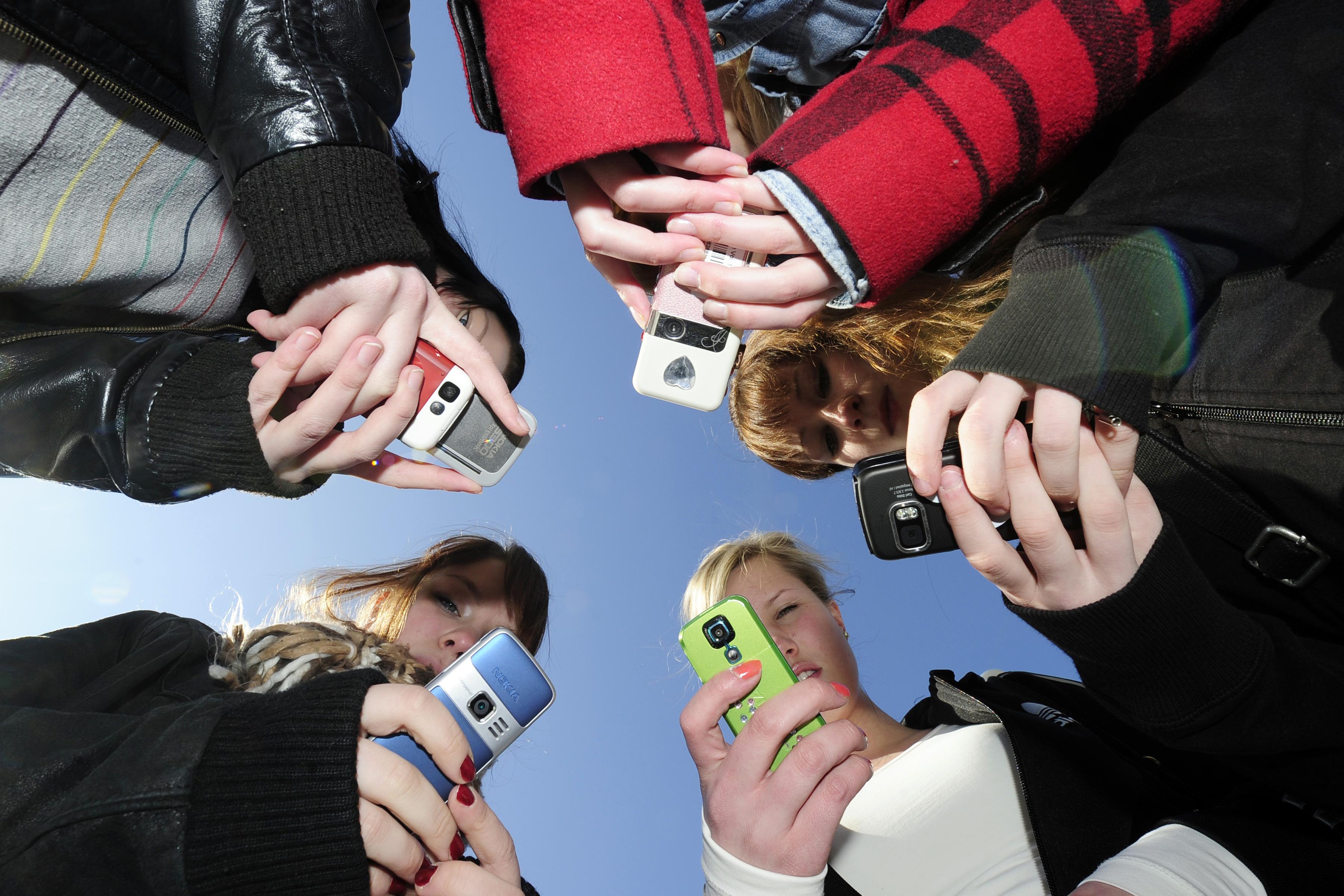The Florida legislature is commonly considered to be one of the stupidest law-making bodies in the United States, and for good reason. Who can forget the time the state’s fine representatives inadvertently banned all computers and smartphones? Or the time the legislature unintentionally outlawed sex? Now, however, the Sunshine State’s legislators may have outdone themselves: In an effort to outlaw sexting between teenagers, Florida accidentally legalized it.
Here’s the sorry story of the state’s latest legal mishap: In 2011, the legislature passed a “sexting” statute barring minors from sending images of nudity (their own or somebody else’s) to other minors. The first offense would qualify as only a civil infraction; minors who violated the law would merely have to perform court-ordered community service or pay a $60 fine. The second and third offenses, however, would qualify as misdemeanors, while the fourth offense would qualify as a felony.
Under this law, Florida prosecutors thought they had a slam-dunk case when they brought charges against a minor who texted a picture of her own vagina to a classmate because she was “bored.” But the state quickly ran into a problem: Florida law doesn’t give any court jurisdiction of civil infractions by juveniles—as opposed to criminal infractions—and the sexting statute doesn’t grant any court this kind of jurisdiction. Accordingly, no court in the state currently has legal authority to hear a case involving minors sexting. The prosecutors attempting to prosecute the sexting teen got their case thrown out of court, a decision an appeals court later affirmed.
The upshot of this misadventure in statute-drafting is that Florida’s sexting law is completely unenforceable. Thanks to the statute’s layered structure, the more serious penalties for sexting can only come after a minor has been convicted of his first offense. But because that first offense is a civil infraction—and because no court can hear civil cases involving minors—it is legally impossible for any minor to be charged with that first offense. As a result, there simply cannot be a second, third, or fourth offense. Sexting between teens—even sexting images of a minor’s nude body—is now functionally legal in Florida.
Of course, the legislature can easily remedy this strange situation with a quick tweak to the statute, which, presumably, it will do very soon. In the meantime, Florida has inadvertently thrust its population—and, especially, its minors—into an unregulated Wild West of juvenile sexting. Quite frankly, it is unclear to me (and many legal commentators) why minors should be penalized at all for sending nude pictures to their peers, presuming they have permission and the communication is consensual. If Florida legislators were really smart, they might consider scrapping their sexting statute altogether. But then again, this is Florida we’re talking about. If its legislators can’t be bothered to pass enforceable laws, they probably aren’t concerned with passing reasonable ones, either.
